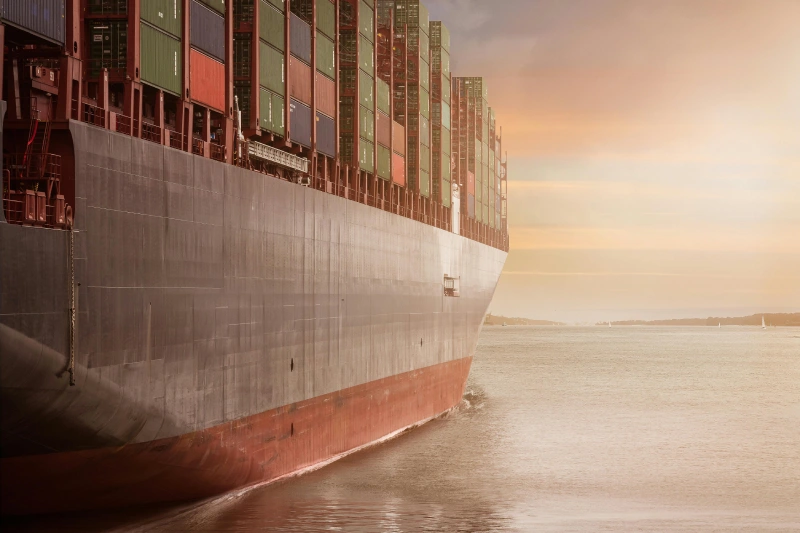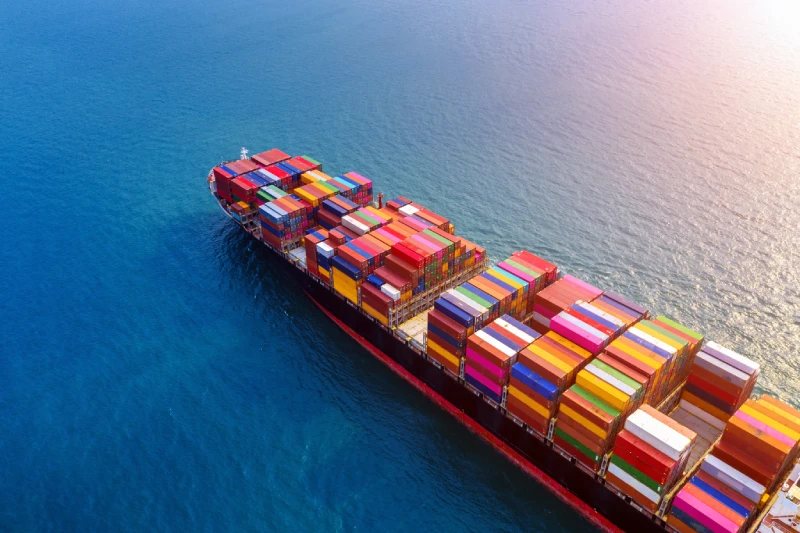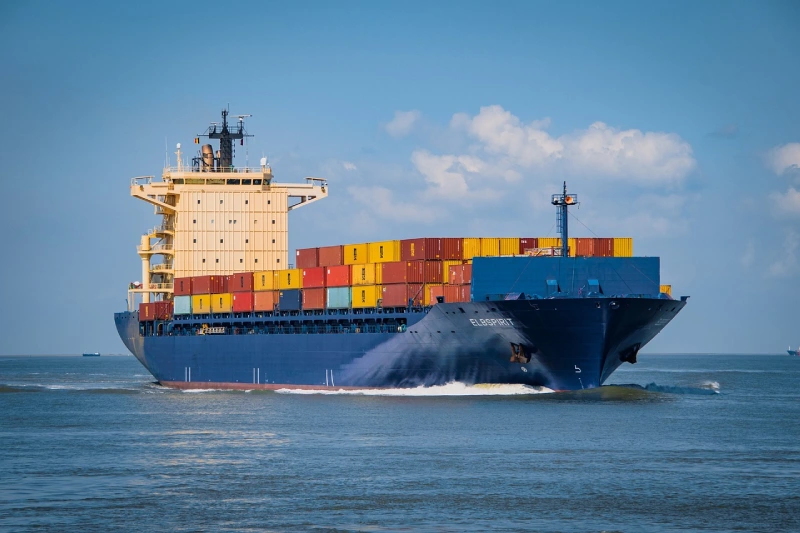
Home → Rules Of Origin
Simply put, rules of origin are criteria used to determine the country of origin of a good. This is crucial for trade purposes because it can determine whether duties should be paid on a good when it is imported into another country.
Under the UK-EU trade agreement, rules of origin will be used to determine whether goods imported into the UK from the EU qualify for preferential treatment. This means they may be exempt from paying customs duties or may qualify for reduced tariffs.
To claim preferential treatment, companies will have to prove that their goods meet the relevant rules of origin. In most cases, this will require a certificate of origin from the exporting country.
Rules of origin for trade between the UK and the EU, will be defined in a future trade agreement between the two sides. Until then, companies should continue to comply with the rules of origin for trade between the UK and the EU under World Trade Organization (WTO) rules.
When you import goods from the EU, you can apply for preferential tariff treatment if the goods meet the rules of origin.
To apply for preferential tariff treatment, you must have a statement of origin from an EU exporter. The statement must prove that the goods meet the rules of origin.
The importer is responsible for claiming preferential tariff treatment. This means that you must have knowledge about the country of origin of the goods and whether the goods meet the rules of origin.
If you import goods from a country with which the EU has a trade agreement, you can benefit from lower or zero tariffs. For this to happen, your goods must meet the rules of origin specified in that agreement.
If you send small shipments of goods from the UK to the EU, you can apply for preferential tariff treatment. This means you will pay less or no duty on your goods.
To claim preferential tariff treatment, you must have a statement of origin completed by the exporter. The statement should certify that the goods meet the rules of origin for the UK-EU trade agreement.

Make sure to check with your local chamber of commerce for additional requirements before sending the goods. For example, you may need to obtain an apostille certificate.
If you are applying for preferential tariff treatment for the first time, you must attach a copy of the statement of origin to the customs declaration.
If you already have an EORI number and have previously made a customs declaration, you can submit the statement of origin electronically. You must send it to the National Export System (NES). NES will keep a copy of the statement and give you a reference number. This reference number must then be included in your next customs declaration.
Proof of origin is required by the importer to verify that the goods originate from an eligible country and therefore qualify for preferences under the Trade and Cooperation Agreement.

You will have to show that the product originated in the country you claim it is from before you can get preferences.
For example, a declaration of origin could be a statement about the origin of an export, such as an invoice or other document that describes the goods, and the text of the statement would be included in the contract – this is known as an invoice or declaration of origin.
This can also include supporting documents and records if you are using your “importer expertise” to claim preferences. If you are claiming importer expertise, you will need a lot of evidence that the products are originated in Australia. This may include providing various supporting documents from the exporter. You won’t be able to get it if you don’t get the required proof, so before you ask for a declaration of origin, check what you can do about it.
If a supplier’s declaration is required, the exporter must have this or other evidence illustrating the origin status of the goods before it can issue a statement of origin.
If you cannot provide proof that your goods exported to the EU originated in the UK, your customer will have to pay full duty.
